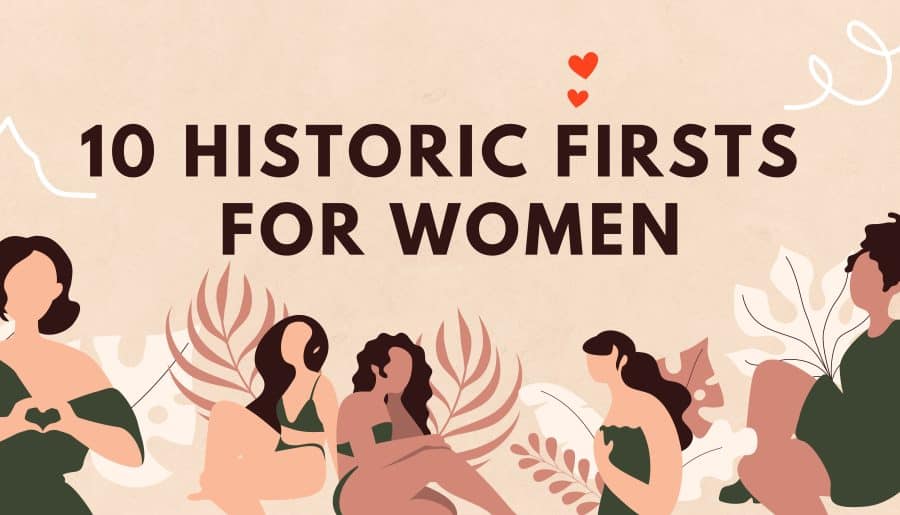Throughout history, women have faced immense challenges in a largely male-dominated society. They were often denied basic rights and opportunities, and their achievements were overshadowed by gender biases.
However, many incredible women have defied expectations and achieved remarkable “firsts” across various fields. While women still encounter inequality in our society, these pioneering women teach us why it’s important to fight for what we deserve, and they show how capable women are. These women broke barriers, challenged societal norms, and paved the way for future generations.
Did you know National Women’s Day is celebrated on August 9 yearly? So, to celebrate every woman, I’ll share a few remarkable achievements of pioneering women in history in post. Here are 10 well-known firsts in women’s history.
Susan B. Anthony – First Woman To Appear On A U.S. Coin
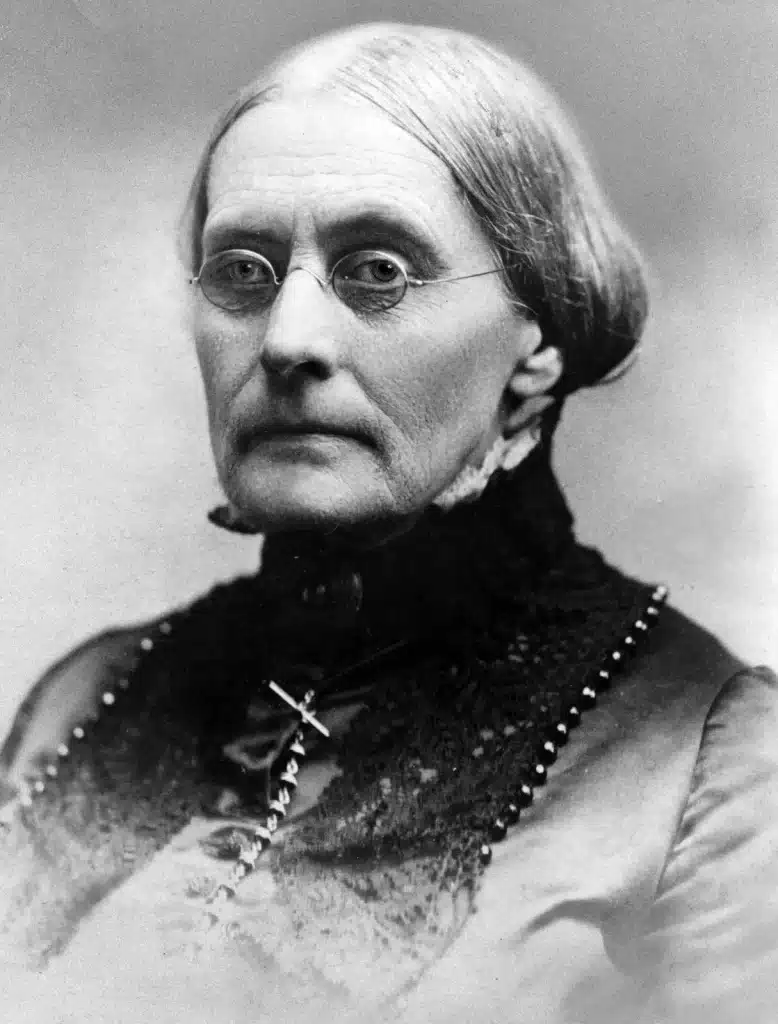
The Susan B. Anthony Dollar was the first U.S. coin to feature a woman. It was produced from 1979 to 1981 and then again in 1999, and it honored women’s suffrage leader Susan B. Anthony. Suffrage means the right to vote in elections.
President Jimmy Carter and the Susan B. Anthony Dollar Coin Act made it possible for her to be the first woman on a U.S. coin.
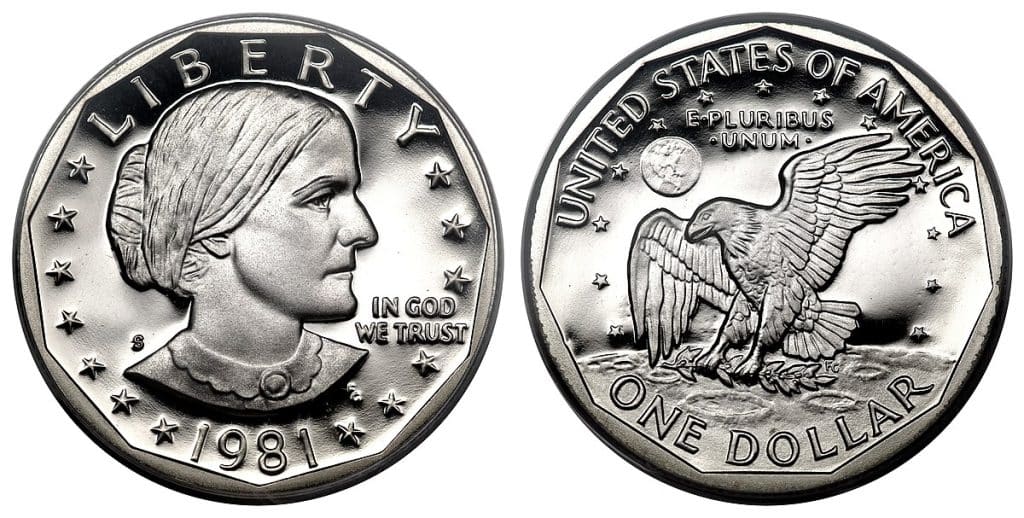
Susan B. Anthony also fought against slavery. In 1856, she worked for the American Anti-Slavery Society, giving speeches and organizing meetings.
In 1851, Anthony met Elizabeth Cady Stanton, and together, they fought for women’s rights for the rest of their lives. They traveled the country and lobbied Congress every year until Anthony’s death.
Lydia Taft – First Woman To Vote Legally in America
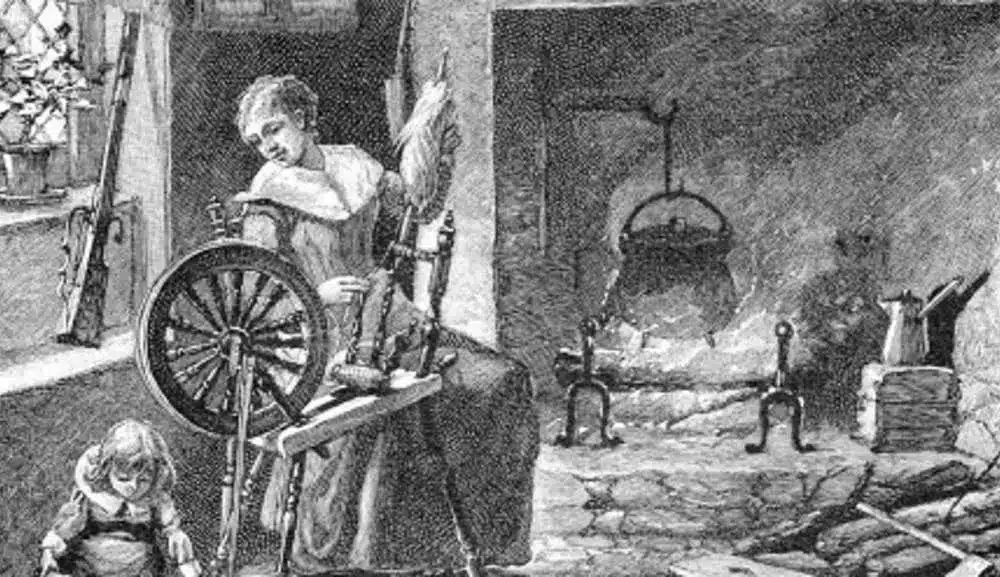
In 1756, Lydia Chapin Taft became the first woman to cast a legal vote in America. She lived in Uxbridge, Massachusetts, and was asked to vote in place of her deceased husband, an influential landowner. This happened before the women’s suffrage movement when women’s participation in political decisions was uncommon.
Ketanji Brown Jackson – First Black Woman Supreme Court Justice
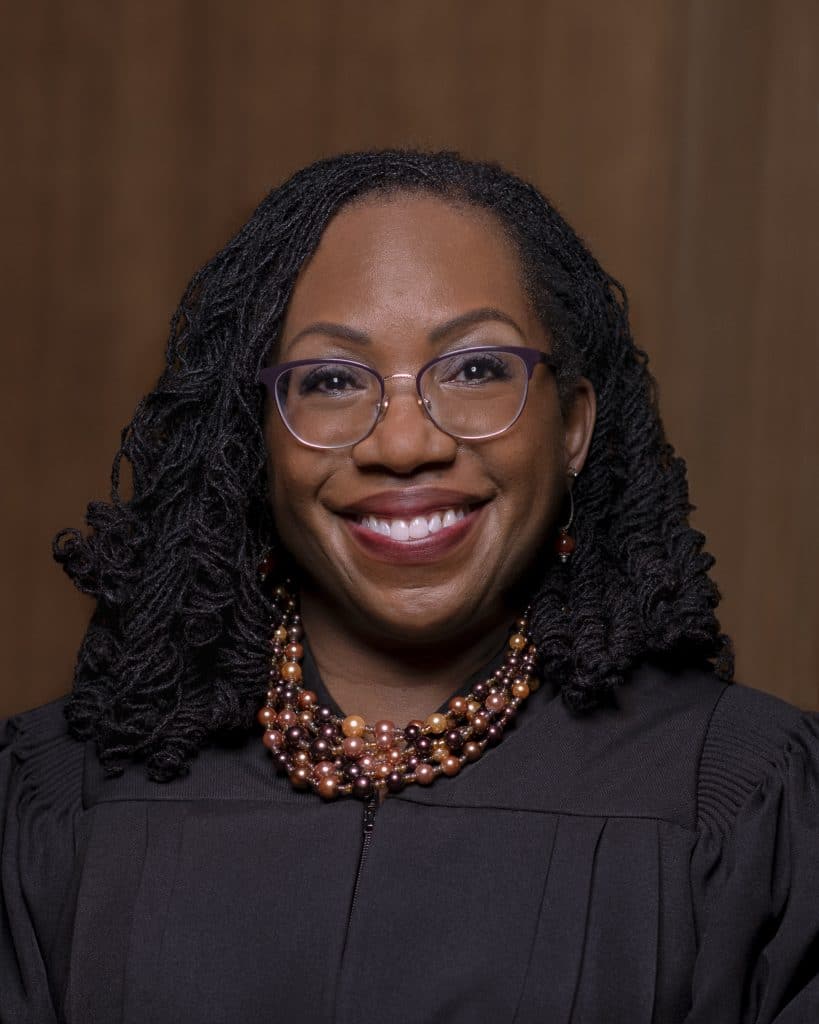
Ketanji Brown Jackson made history on June 30, 2022, as the first Black woman to become a Supreme Court Justice. She took over Stephen Breyer, who had served on the court for 28 years.
Jackson has experience as a federal judge and public defender. She joined the court shortly after a 6-3 conservative majority voted to overturn Roe v. Wade.
Edith Wharton – First Woman To Win A Pulitzer Prize
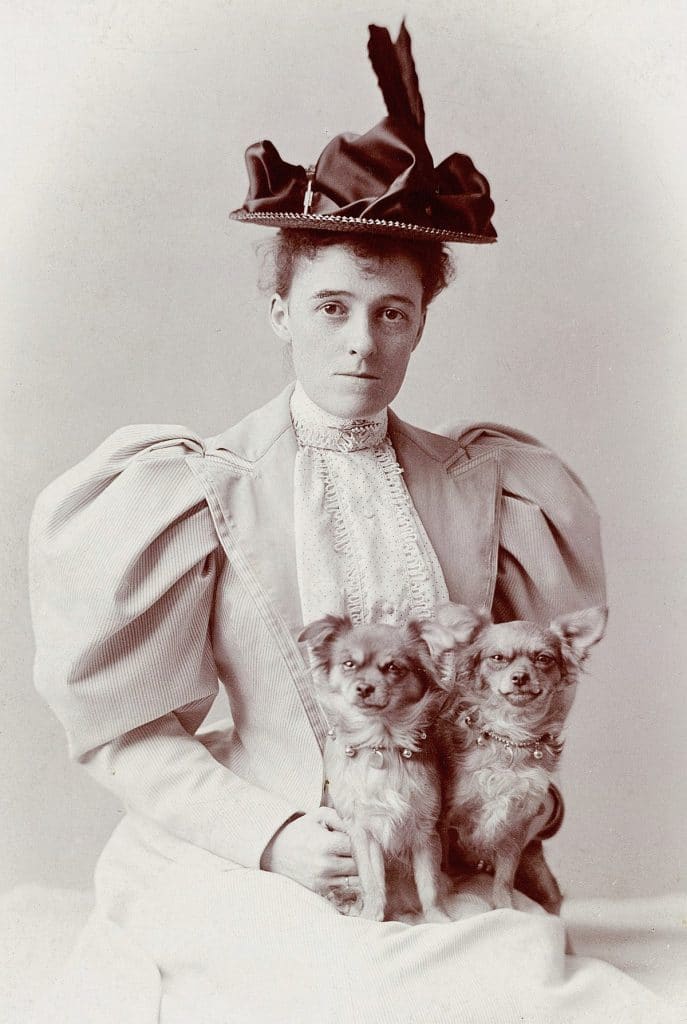
Edith Wharton faced many challenges before becoming one of America’s most famous writers. She wrote over 40 books in 40 years, covering topics such as architecture, gardens, interior design, and travel. Her well-known works include The Age of Innocence, Ethan Frome, and The House of Mirth.
In 1921, Edith Wharton became the first woman to win the Pulitzer Prize in Fiction for The Age of Innocence. The Pulitzer Prize is the highest national honor in print journalism, literary achievement, and musical composition.
Published in 1920, the book criticized the exclusivity and dishonesty of the upper class in New York during the early 1900s. The novel has been adapted for the stage and screen and influenced Cecily Von Ziegesar’s popular Gossip Girl series.
Amelia Earhart – First Woman To Cross The Atlantic In An Airplane
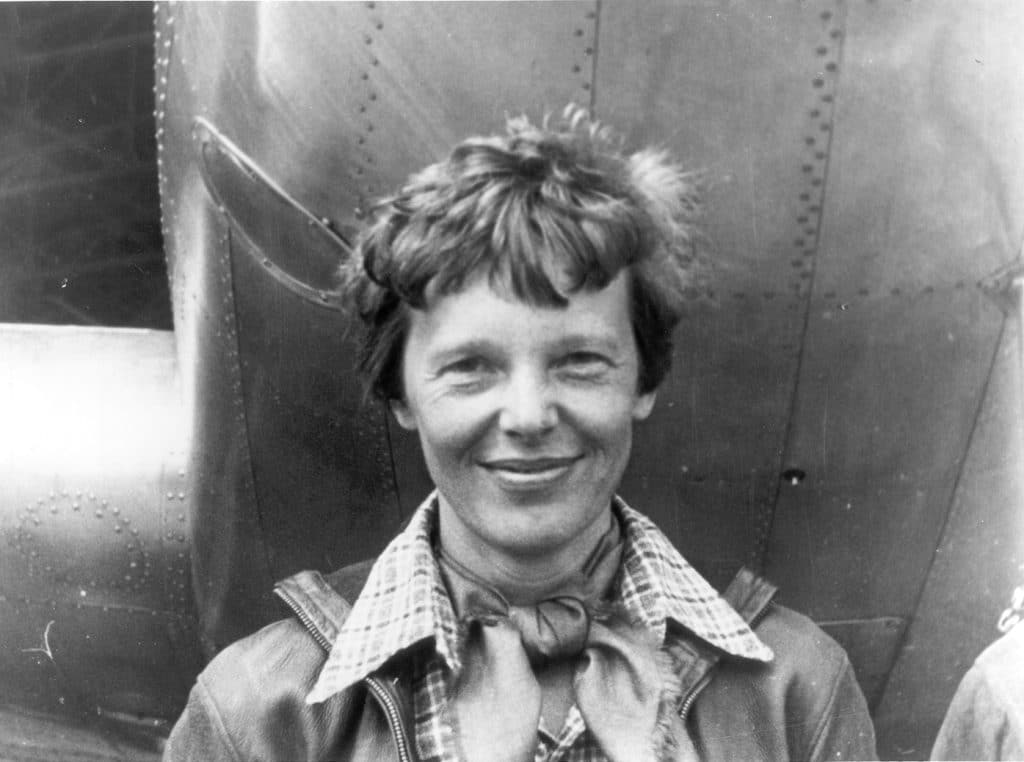
On May 20–21, 1932, Earhart became the first woman and the second person after Charles Lindbergh to make a solo nonstop flight across the Atlantic. She flew a red Lockheed Vega from Harbor Grace, Newfoundland, Canada, and landed near Londonderry, Northern Ireland, 15 hours later.
Amelia also holds the record for being the first person to fly solo from Hawaii to California in the United States in 1935.
Vigdís Finnbogadóttir – The First Democratically Elected Woman President
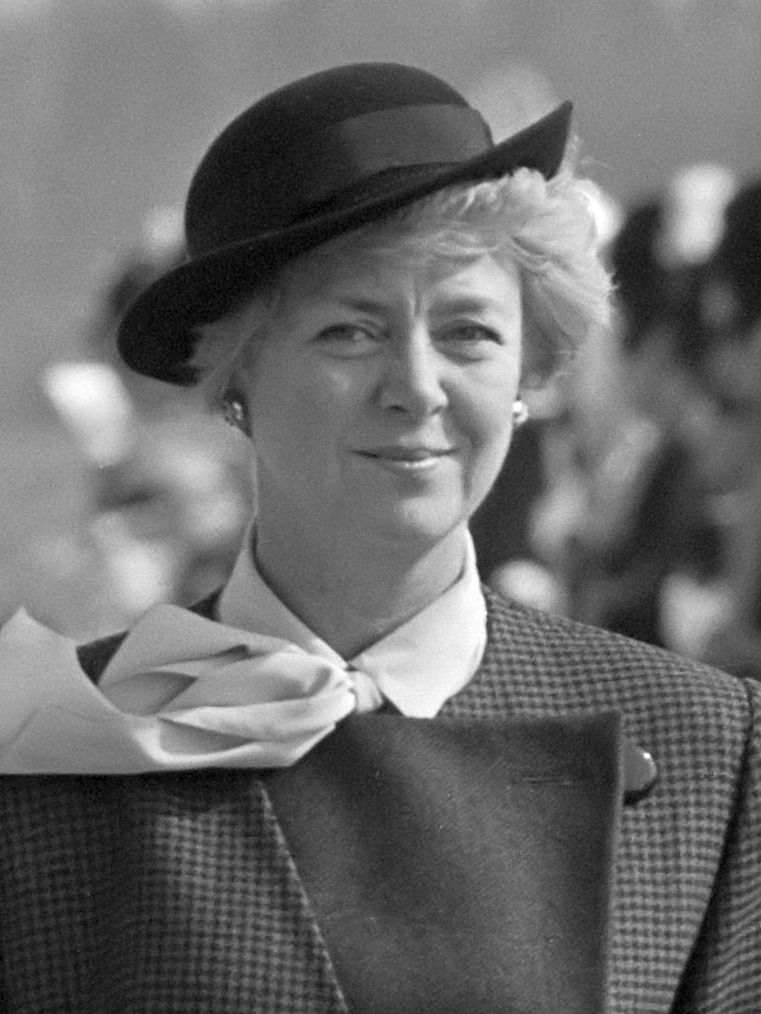
On June 29, 1980, Vigdís Finnbogadóttir of Iceland became the first woman in the world to be democratically elected as president of a country. She served as the fourth president of Iceland from 1980 to 1996, making her the longest-serving elected female head of state.
While Iceland has had two female prime ministers since then, Finnbogadóttir remains the only woman to hold the president position.
Kamala Harris – First Woman, First Black, and First South-Asian Vice President in the U.S.
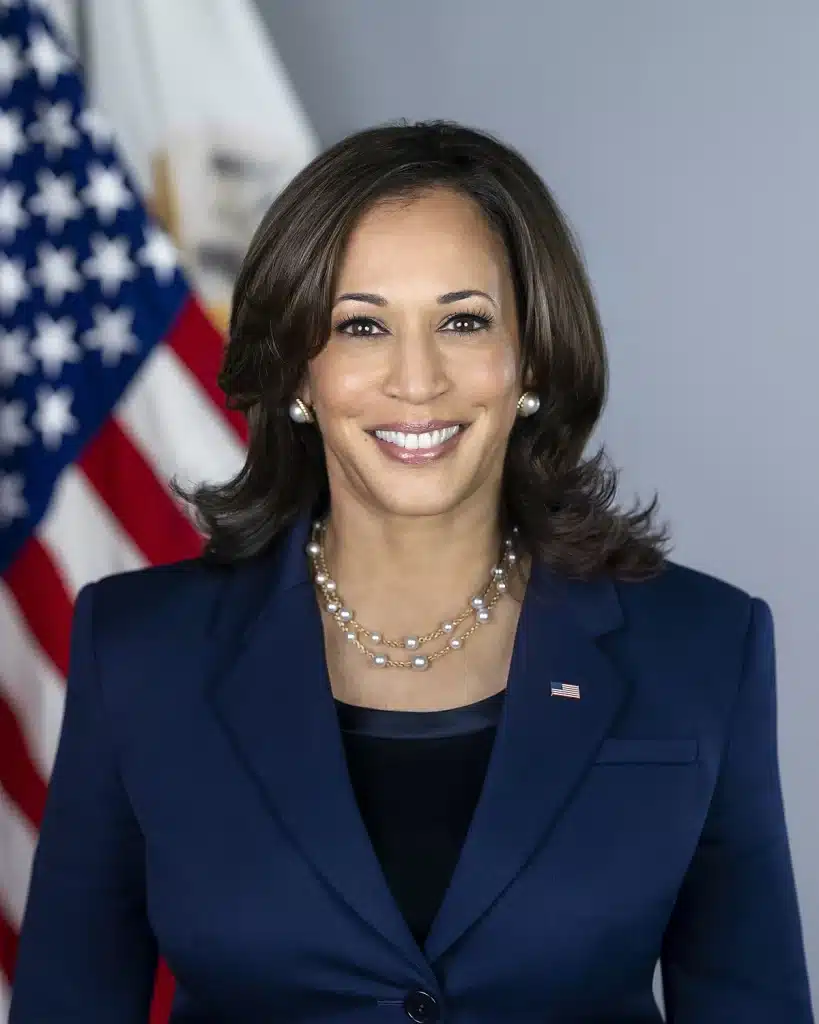
On January 20, 2021, Kamala Harris became the first female vice president when sworn in with President Joe Biden. She also became the first black and first South Southeast vice president in the U.S. Harris’s husband, Doug Emhoff, also made history as the nation’s first-second gentleman.
Vice President Harris has been working closely with President Biden to achieve significant accomplishments that have greatly impacted the lives of millions of Americans.
Joan Benoit – The First Woman To Win The Women’s Olympic Marathon

In the 1984 Summer Games in Los Angeles, Joan Benoit, now known as Joan Benoit Samuelson, finished the first-ever women’s marathon in 2:24.52. She won the gold medal, becoming the first women’s Olympic marathon champion, and was 400 meters ahead of the second-place runner, Grete Waitz from Norway.
Joan held the fastest time for an American woman at the Chicago Marathon for 32 years and at the Boston Marathon for 28 years. She was inducted into the Maine Women’s Hall of Fame in 2000.
Elena Cornaro Piscopia – First Woman To Earn A Doctorate
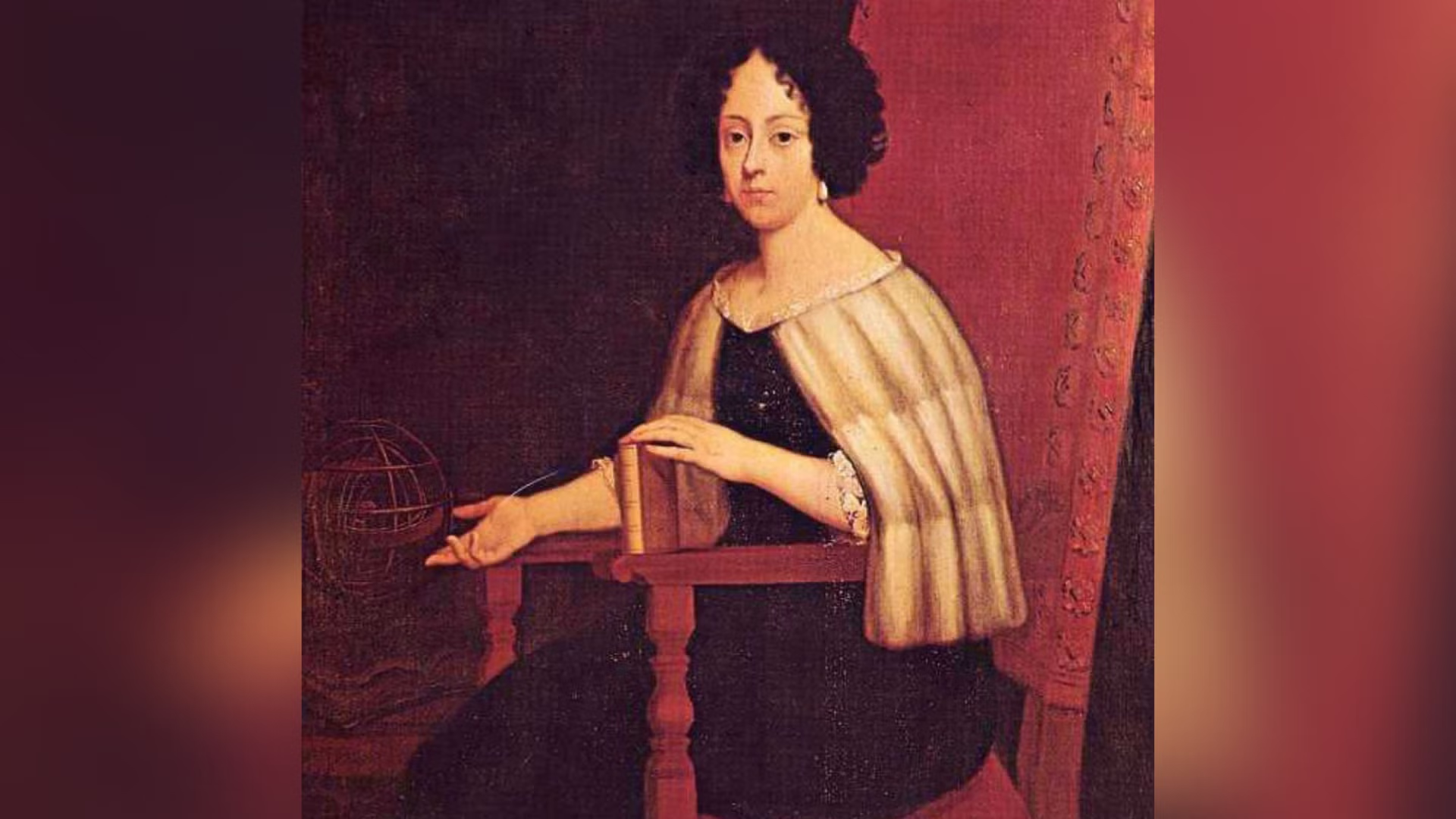
Elena Cornaro Piscopia, also known as Helen Cornaro, was born in Venice, Italy, in 1646. She received an exceptionally good education from several tutors. She came from a noble family and was an Italian philosopher.
She was the first woman to receive a university degree and, in 1678, the first woman worldwide to earn a Ph.D. Elena was also recognized as a skilled musician.
Marie Curie – First Woman To Win A Nobel Prize
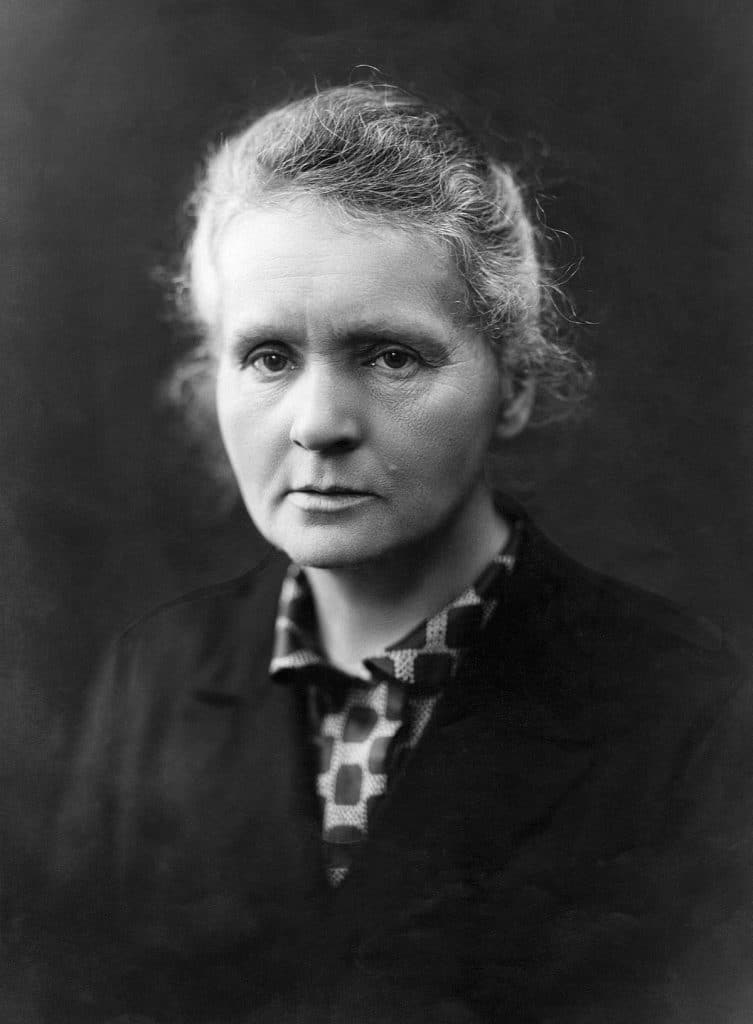
Marie Skłodowska-Curie, a Polish-French physicist and chemist, became the first woman to receive a Nobel Prize and the only woman to receive two Nobel prizes.
In 1903, Marie Curie and her husband, Pierre Curie, were awarded half the Nobel Prize for their research on radiation. However, Curie earned a Nobel Prize of her own in 1911 for her work in chemistry, making her the only woman to have won the Nobel Prize twice. While studying uranium’s rays, she discovered new elements—polonium and radium—and termed them “radioactive.”
